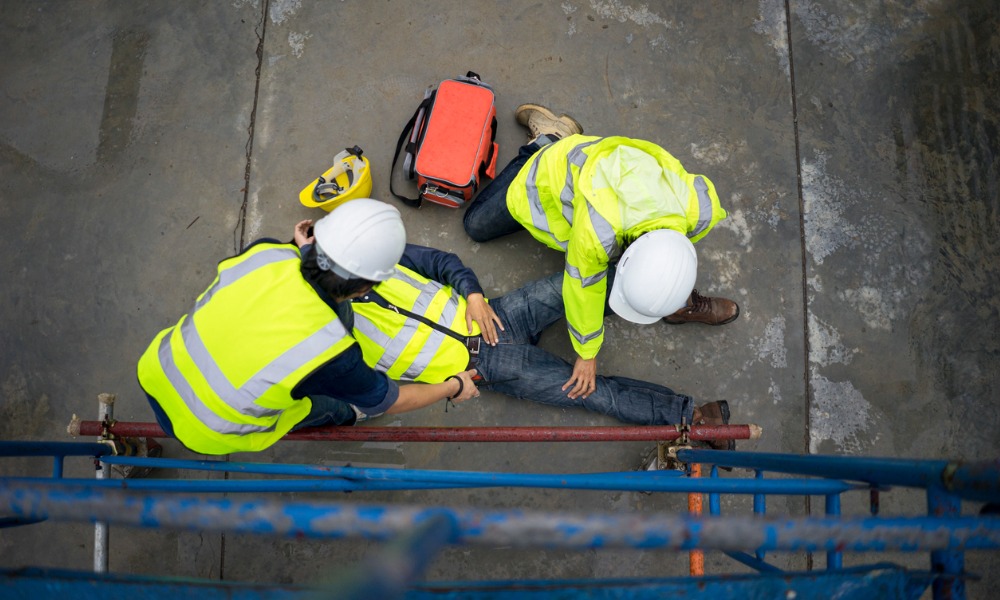
NSW is the last mainland state without an industrial manslaughter offence or legislation

Minister for Work Health and Safety Sophie Cotsis has announced that the government will introduce an industrial manslaughter offence in NSW.
The new legislation is aimed at imposing severe penalties for the most serious breaches of work health and safety, sending a clear message that those who place a worker’s life at risk will be held accountable in the case of a workplace fatality.
Despite years of campaigning by the families of those killed at work, NSW is the last mainland state without an industrial manslaughter offence or legislation in parliament. In February, the former government and other states and territories agreed to amend model work health and safety laws to allow jurisdictions to introduce industrial manslaughter.
Industrial manslaughter legislation allows for the accountability of corporations for the death of an individual caused by the actions of the corporation’s employees within the scope of their work. This significant step aligns with the broader definition of manslaughter, which refers to the unlawful killing of a human being.
SafeWork will spearhead an extensive consultation process, engaging work health and safety experts, business groups, unions, legal stakeholders, and families who have tragically lost loved ones at work. The NSW Government is set to initiate the formal consultation process in the coming weeks, with plans to introduce a bill to parliament in the first half of the following year.
The government emphasised that workers in NSW deserve the right to feel safe at work, and these laws are designed to make the state’s workplaces safer.
Minister for Work Health and Safety Sophie Cotsis highlighted the necessity of these laws to ensure the safety and well-being of workers in NSW. “I hope these laws act as such a strong deterrent that no one ever needs to be prosecuted. We must prevent fatal injuries in the workplace.”
Cotsis underscored that these proposed penalties acknowledge the significant pain and suffering of families and loved ones of workers who have died in preventable workplace incidents.